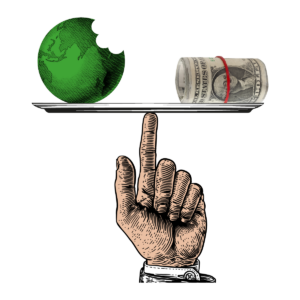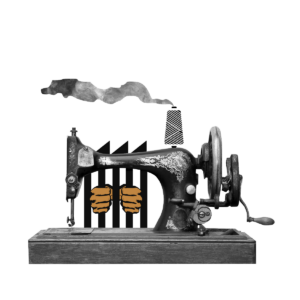Challenging complex corporate structures
The increasingly complex structures of multinational companies have become the mechanisms that allow these corporations to accumulate wealth while denying any accountability for negative impacts on people and the planet.
They use convoluted supply chains, shell companies, special-purpose vehicles, and complex financial arrangements to maximise gain and minimise responsibility. This opacity also makes it harder for civil society organisations to challenge corporations’ operations effectively.
Our work at SOMO promotes so-called ‘hard law’ standards that break down these complex structures. We selectively support strong ‘soft law’ standards too that can pave the way for legally binding rules. We also play a substantial role in the global tax justice movement to promote and close loopholes in the system.

Complex corporate structures use different legal principles and complex supply chains to limit liability and dilute corporate responsibility. For example, they use separate legal personalities to avoid liability, as well as outsourcing and subcontracting to shift the burden of corporate responsibility to third parties.
Our goal is to ensure that companies can be held legally responsible for the negative impacts of their business across the value chain. We do this through a combination of research and advocacy.
Our work focuses on supply chains, particularly in the areas of garments, agriculture, electronics, and renewable energy, as well as on cases where remedy and accountability are hampered by complex structures, particularly concerning natural resource extraction.
We also focus on how digital economy structures intersect with corporate forms to create new levels of complexity and additional loopholes. SOMO supports strategic litigation that can advance the liability of parent companies and make them responsible for supply chains and subcontractors.
Highlighted Publications
-
The Netherlands – still a tax haven Published on:
 Arnold MerkiesPosted in category:Publication
Arnold MerkiesPosted in category:Publication Arnold Merkies
Arnold Merkies
-
Transparency for fairer and greener EU supply chains Published on:
 Sanne van der WalPosted in category:Publication
Sanne van der WalPosted in category:Publication Sanne van der Wal
Sanne van der Wal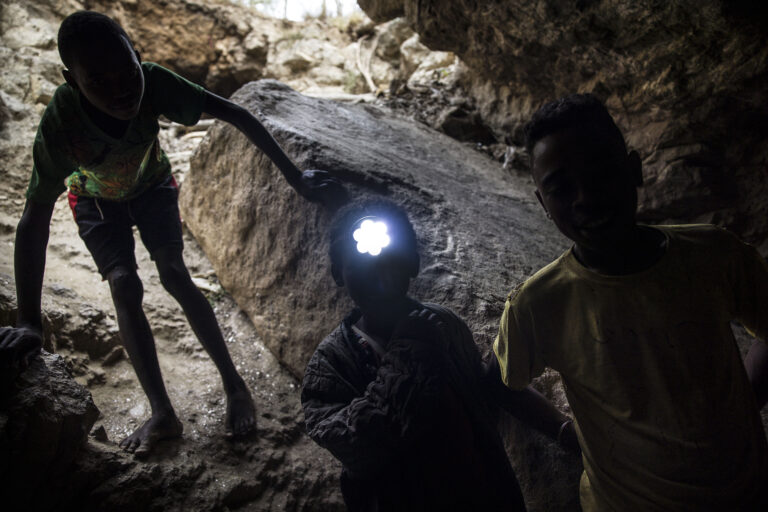
-
Posted in category:Publication
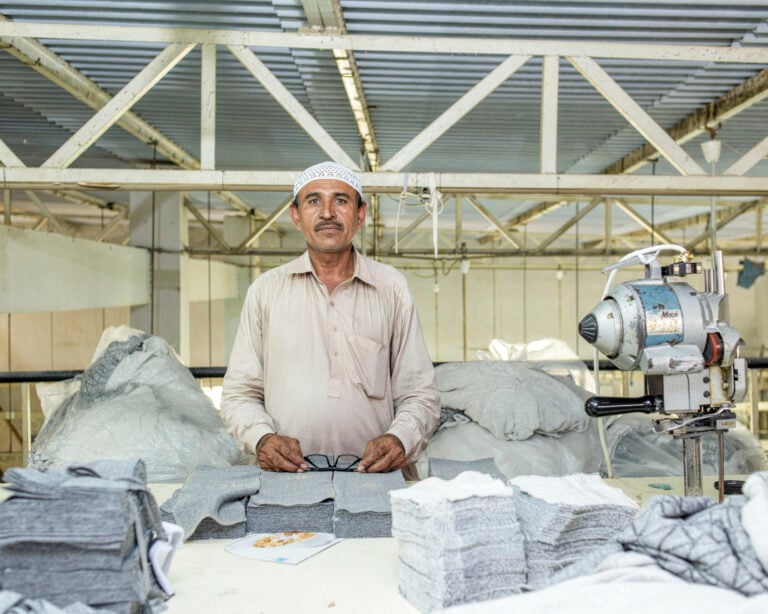
Accountability within supply chains
An organisation with a complex corporate structure and multiple subsidiaries, divisions, or business units often operates in different geographical locations and with varying degrees of autonomy. This can also foster precarious working conditions and exacerbate inequalities, particularly affecting vulnerable workers such as women, migrants, children, and Indigenous People.
At SOMO, we expose the role of corporations in creating and maintaining precarious working conditions and the exploitation of labour in various sectors. Our work promoting ‘hard law’ standards to break down complex structures aims to encourage corporate supply chain liability and government enforcement of existing rights and rules to ensure decent work for all.
We also support and help bring forward legal cases when multinational companies fail to support workers in their supply chains. In 2020, for example, more than 80 Kenyans filed a lawsuit against the British agro-multinational Camellia, the parent company of Kakuzi.
This Kenyan avocado grower has been accused of systematic human rights violations against workers and villagers on and around its plantations, including rapes and killings. SOMO has been investigating the company since 2016 and helped bring the lawsuit to the UK. The case ended in a settlement of £4.6 million, including payments to the claimants and a contribution to their legal fees, an independent human rights impact assessment, and investments in community projects.
Through our work, we also call for enhanced access to trade information through EU customs, aiming to enable stakeholder interventions with companies and authorities. This makes it possible to foster a transformation of companies’ value chains – promoting greater respect for human rights and the environment.
Human rights and grievance mechanisms
When taking legal action to hold companies accountable for their misconduct, victims are often confronted with weak governance, inadequate legal frameworks, and/or poor implementation of regulation and court decisions. Visit our tools and resources for professionals and citizens who seek remedy for corporate human rights abuses.
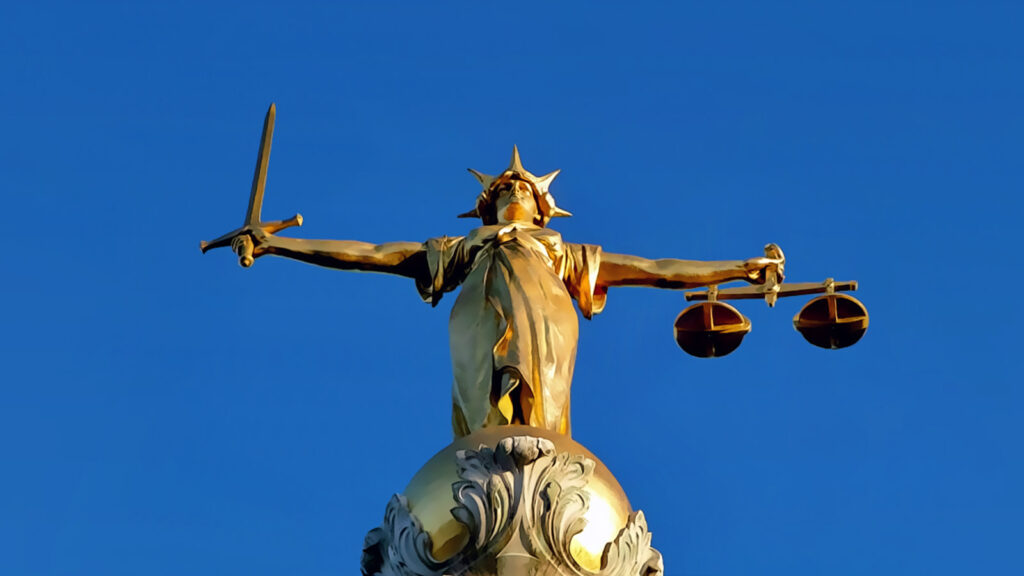
LegalNet – a powerful strategic litigation tool
In 2022, SOMO introduced LegalNet – an innovative approach that aims to harness strategic litigation as a powerful tool to challenge corporate influence. The project’s primary focus is addressing gaps in protecting human and labour rights through strategic legal actions. While individual legal cases can set groundbreaking precedents, they may not always lead to broader systemic change, often requiring repeated litigation of similar issues in different contexts.
LegalNet seeks to revolutionise strategic litigation by fostering a networked approach that capitalises on the expertise accumulated by civil society organisations and lawyers over the past decade. The project’s methodology involves building coalitions around specific human rights issues and devising multi-jurisdictional, multi-procedure litigation strategies that target shared and tightly framed objectives. The respective coalitions then implement these strategies.
In December 2022, SOMO convened a gathering of lawyers, activists, investigators, and academics to explore litigation opportunities supporting justice in the energy transition. Through this meeting, several promising possibilities for coordinated strategic litigation were identified. These endeavours will be collaboratively pursued over the forthcoming years to advance the cause of justice in the energy sector.

The Counter – your new accountability advice desk
Over the past decade, there has been a notable increase in the efforts of civil society organisations worldwide to confront the excessive influence wielded by corporations. Whether it involves seeking compensation for environmental damage caused by the oil and gas industry, or advocating for improved working conditions in the global garment sector, these organisations have been actively engaging in the fight.
We have partially bridged the gap by offering specialised data and advice on corporate structures and finances to our civil society partners. We are now expanding our efforts by establishing a dedicated support service for civil society organisations through a pro bono corporate accountability advice desk that is tailored to the specific needs of CSOs and public interest journalists.
Through this service, we aim to have a far-reaching impact, supporting numerous civil society campaigns and public interest news stories worldwide.
Do you need more information?
-

Bart-Jaap Verbeek
Researcher -

Lydia de Leeuw
Researcher
Latest updates
-

-

-
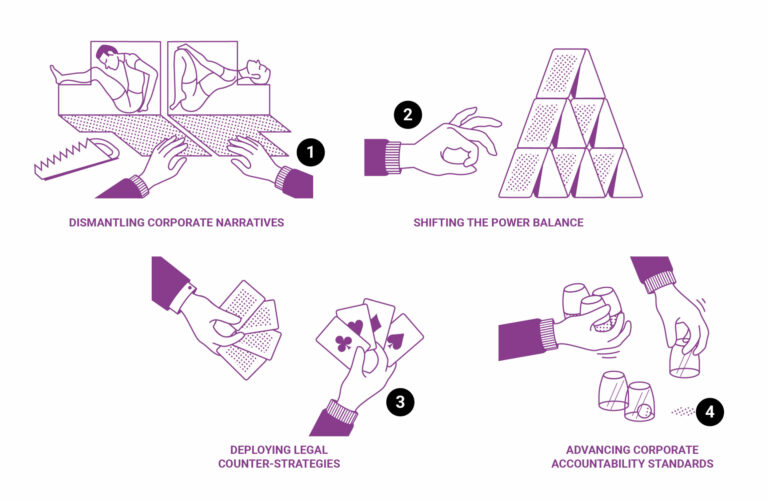 New civil society toolkit to counter harmful corporate strategiesPosted in category:News
New civil society toolkit to counter harmful corporate strategiesPosted in category:News Virginia SandjojoPublished on:
Virginia SandjojoPublished on:
Related Topics
Discover more of SOMO’s work and publications.



